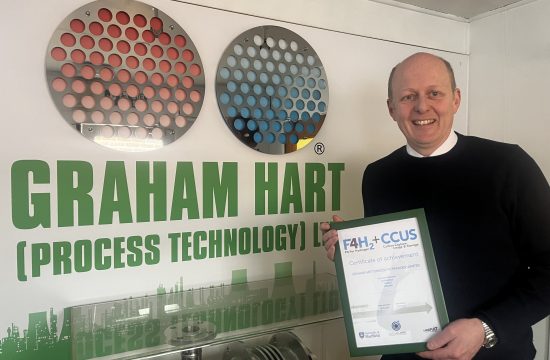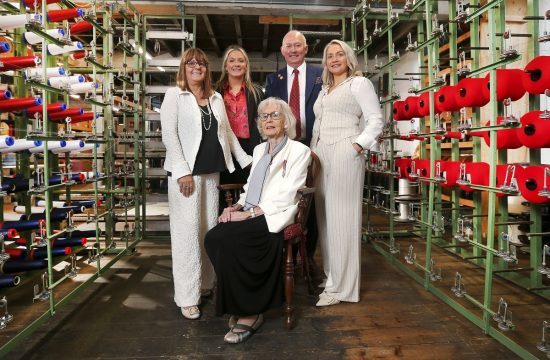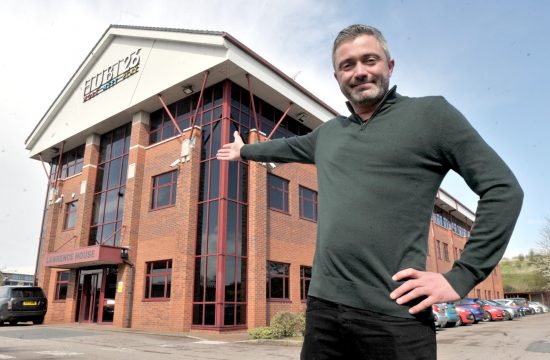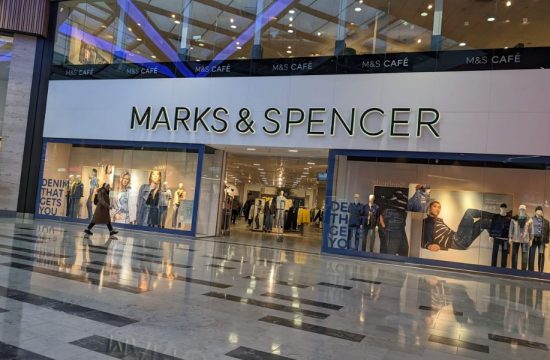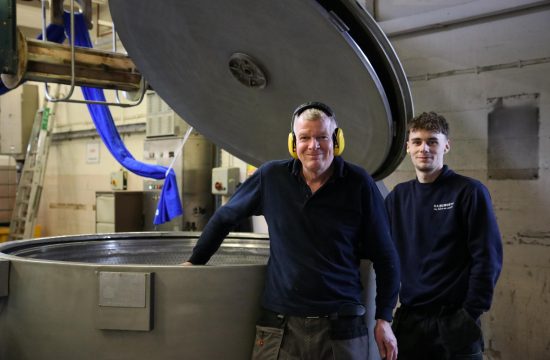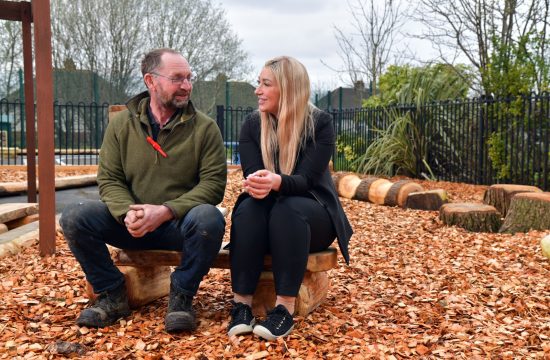BRADFORD Council has opened the application process for the Government’s new Omicron hospitality and leisure grant.
By Felicity Macnamara
The grant is designed to support those in the hospitality, leisure and accommodation sectors who have suffered from a drop in demand due to the outbreak of the new Covid-19 variant.
Grants of between £2,677 to £6,000 will be awarded to businesses which meet the qualifying criteria.
To qualify, firms must have been ratepayers and actively trading and operating an in-person hospitality, leisure, or accommodation business from the property on December 30, 2021.
This activity must be least 50 per cent of their overall income.
They must not be in administration or insolvent and cannot have received a striking-off notice.
The business cannot have exceeded State aid limits under the de minimis, the Covid-19 Temporary State Aid framework and all other UK schemes under the terms of the European Commission’s Temporary framework.
Bradford Council said it has contacted all those who may be eligible to help them apply for the grant. Applications for the new grant close on February 18.
Further details can be found by visiting www.bradford.gov.uk/business.
Funding provided through the Additional Restrictions Grant will be used to support business negatively impacted by Omicron, but are not the ratepayers.
Details of this assistance and who needs to apply will be published on the Council’s website shortly.
Councillor Alex Ross-Shaw, Portfolio Holder for Regeneration, Planning and Transport, said: “We were pleased when the government finally responded to our calls for more business support with this funding and we’re keen to get it out to businesses as quickly as possible.
“We know from speaking to businesses they need more support and we’ll continue to lobby government for it as we do everything we can to reduce the impacts of Covid and support local businesses and employees through the pandemic.”















